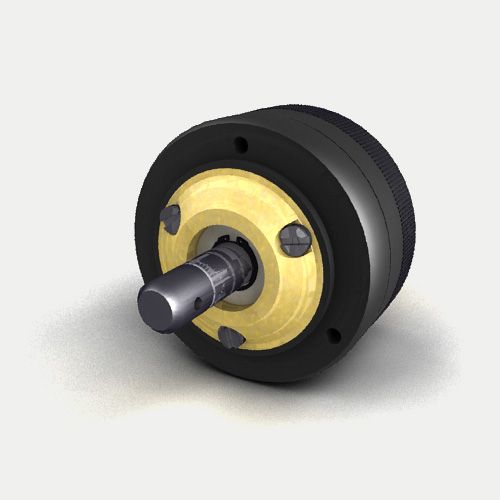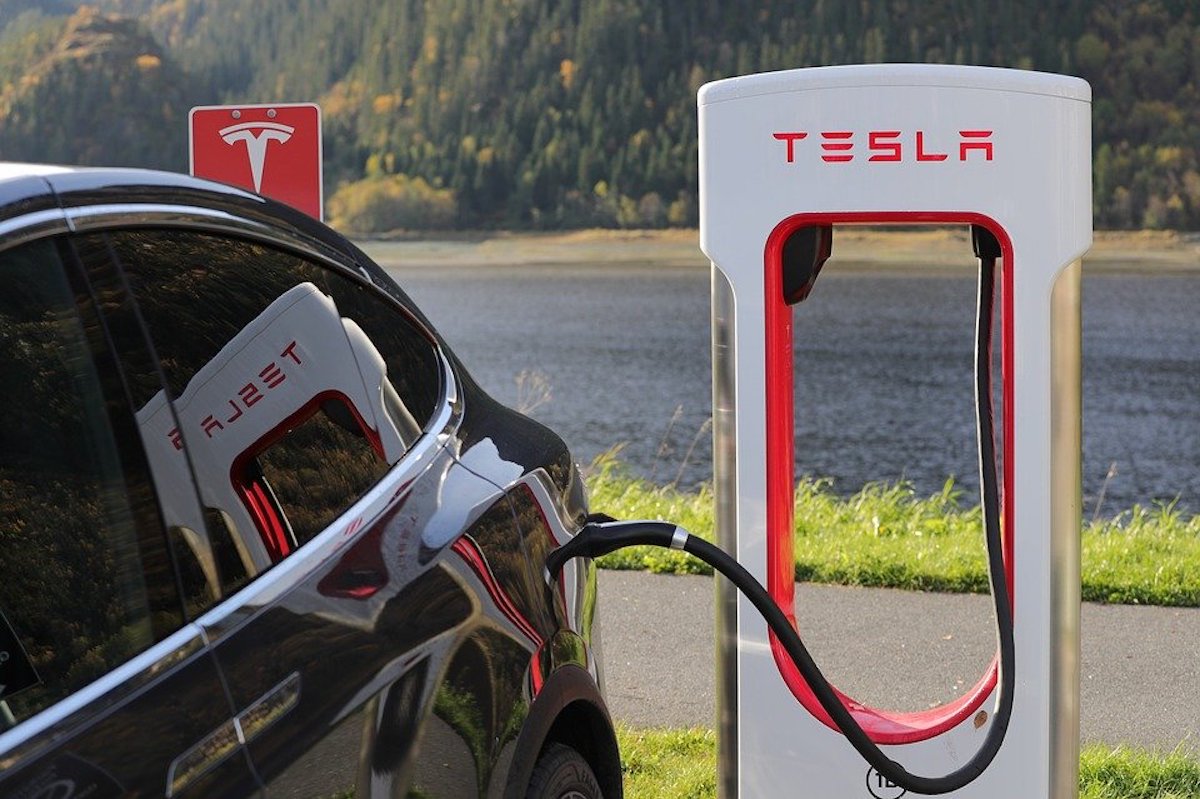
You’re in the right place if you’ve ever wondered about the mysterious device responsible for controlling torque and safeguarding machinery. We’ll dive into the mechanics, benefits, types, and helpful comparisons. So, let’s tighten those bolts and loosen up our curiosity!
How Does a Torque Limiter Work?
Understanding the inner workings of a torque limiter is essential to grasp its significance in various mechanical applications. At its core, a torque limiter is a safety device designed to protect machinery and equipment from damage caused by excessive torque. Here’s a breakdown of how it operates:
- Internal Mechanism: Torque limiters have internal mechanisms that react to torque overload. Typically, these mechanisms involve a set of calibrated springs, balls, or friction plates.
- Torque Sensing: When the torque applied exceeds the preset limit, the torque limiter detects the overload through its sensing mechanism.
- Disengagement: Upon sensing an overload, the torque limiter disengages the driveline, preventing further torque transmission and protecting the connected components from potential damage.
- Reset Mechanism: After disengagement, many torque limiters feature a reset mechanism allowing them to resume operation once the torque returns to a safe level.
What are the Benefits of Torque Limiters?
Now that we understand how torque limiters work, let’s explore the benefits:
- Machinery Protection: The primary purpose of a torque limiter is to safeguard machinery from damage caused by excessive torque, ensuring the longevity of critical components.
- Downtime Reduction: By preventing damage and minimizing wear and tear, torque limiters help reduce downtime, increasing overall efficiency.
- Easy Maintenance: Torque limiters are designed for ease of maintenance. Their modular construction often allows for quick replacement and servicing, minimizing disruption to operations.
- Versatility: These devices find applications in various industries, from manufacturing and agriculture to mining and construction, showcasing their versatility.
What Types of Torque Limiters Are There?
Torque limiters come in different types, each tailored to specific applications and torque requirements. Here are the common varieties:
- Friction Torque Limiters: Utilizing friction plates, these devices disengage when torque surpasses the set limit, making them a common choice in applications requiring precise torque control.
- Ball-and-Ramp Torque Limiters: Employing balls and ramps for torque control, this type is favored in applications where smooth disengagement is of paramount importance.
- Shear Pin Torque Limiters: Equipped with pins designed to shear off during excessive torque, these limiters create a sacrificial link, preventing damage to the main driveline.
- Magnetic Particle Torque Limiters: By utilizing magnetic particles to transmit torque, these limiters disengage when the preset torque limit is exceeded, offering a unique and efficient mechanism.
Key Considerations for Selecting Torque Limiters:
When choosing a torque limiter for your specific application, considering the following factors can help you make an informed decision:
- Torque Range: Choose a torque limiter that matches your machinery’s torque requirements.
- Response Time: Consider the application’s demands and desired response time for efficient overload disengagement.
- Reset Mechanism: Assess the torque limiter’s reset mechanism for quick and reliable resets, influencing overall operational efficiency.
Environmental Considerations:
Selecting torque limiters must align with environmental demands for optimal performance. High dust levels require sealed mechanisms, extreme temperatures need temperature-resistant materials, corrosive environments demand corrosion-resistant features, and high humidity necessitates moisture-resistant options. Outdoor applications benefit from weatherproofing, while frequent changes call for torque limiters that adapt seamlessly. Aligning features with environmental conditions enhances machinery longevity and operational efficiency.
To recap, torque limiters play a pivotal role in maintaining the health and longevity of machinery by preventing torque-related damage. Whether you’re working with heavy-duty equipment or precision machinery, understanding the basics of torque limiters empowers you to make informed choices for your specific needs.
Ready to explore more about torque limiters? Check out Quotebeam for a comprehensive range of torque limiters suitable for various applications. Remember, a well-chosen torque limiter is not just a protective measure but a key player in the smooth operation of your machinery.
![✔ Realme 7 5G reviews, is it worth it? [2021]](https://techunwrapped.com/wp-content/uploads/2021/02/1509-realme-7-5g-01-e1612443022120.jpg)


